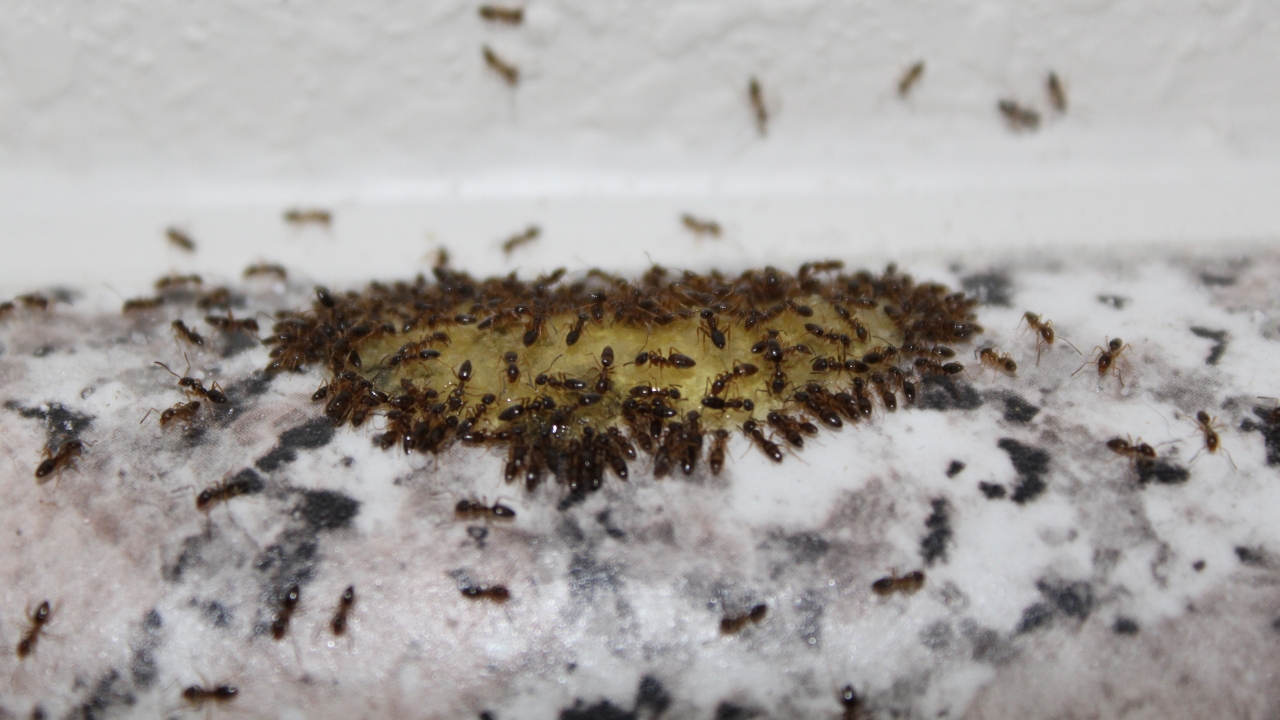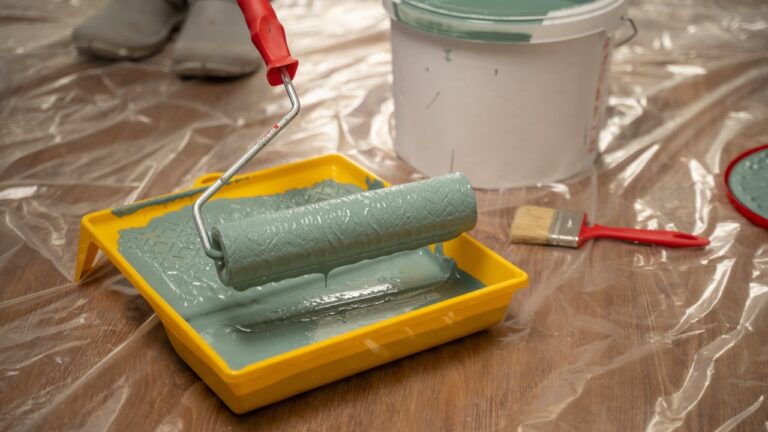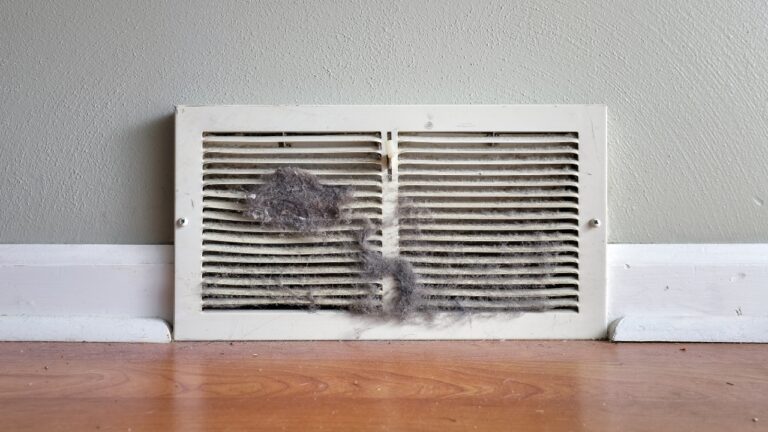10 Smells You’re Using That Are Attracting Bugs
Bugs don’t need a lot of encouragement to show up, but certain scents make it even easier for them. While you might think you’re creating a clean or inviting space, a few common smells can signal “come on in” to flies, mosquitoes, ants, and more.
Some of these are found in products meant to freshen up your home—others come from everyday habits you barely notice. If you’ve been dealing with more bugs than usual, one of these scents might be part of the problem.
Fruit-Scented Cleaners
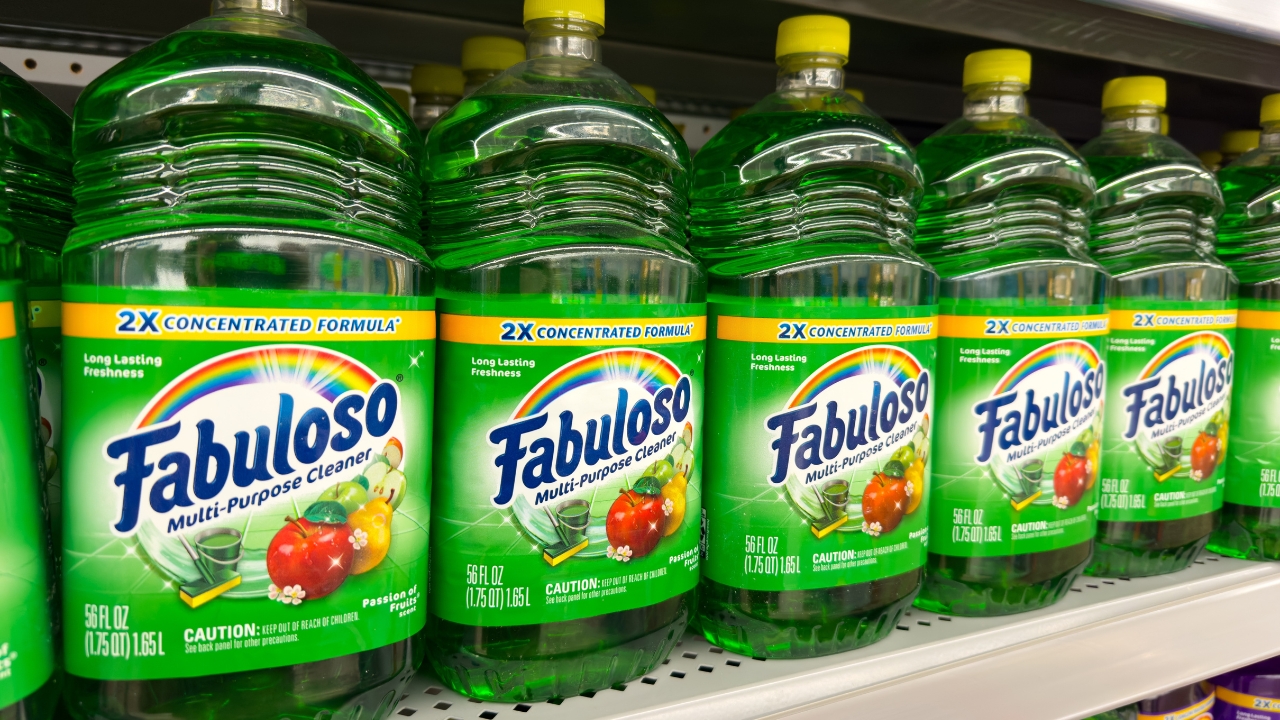
Cleaners that smell like lemon, orange, or apple may make your home feel fresh, but many insects—especially fruit flies—are drawn to sugary, fruity scents. Even if there’s no actual food around, the smell alone can attract them.
Using neutral or unscented products near entry points like windows or doors can help cut down on bug traffic. Save the fruit-scented sprays for less vulnerable areas of the house.
Flowery Perfumes and Lotions

Sweet floral fragrances might be appealing to people, but they also appeal to mosquitoes and bees. If you’re spending time outside, those scents can draw attention quickly.
Switching to unscented or lightly scented body products during bug season can help you avoid becoming a walking bug magnet. It’s not about skipping fragrance completely—just avoiding the ones bugs love most.
Candles with Vanilla or Sugar Notes

Vanilla, cinnamon, and baked-good scented candles might smell like home, but they’re also irresistible to certain bugs. Ants and flies are especially tuned in to sugary smells, even when they’re artificial.
If you want candlelight without the crowd, try unscented candles or go for ones with smells bugs tend to avoid—like citronella or eucalyptus. The cozy vibe isn’t worth the swarm.
Trash with Food Residue

It might seem obvious, but the smell from even a day-old trash bag can pull pests in fast. Flies, ants, roaches, and even rodents are all drawn to leftover food smells—especially fruit, grease, or sugary drink containers.
Make sure trash is bagged tightly, bins are sealed, and the area is cleaned regularly. A little food residue goes a long way when you’re dealing with bugs that have a strong sense of smell.
Standing Water with Organic Smells
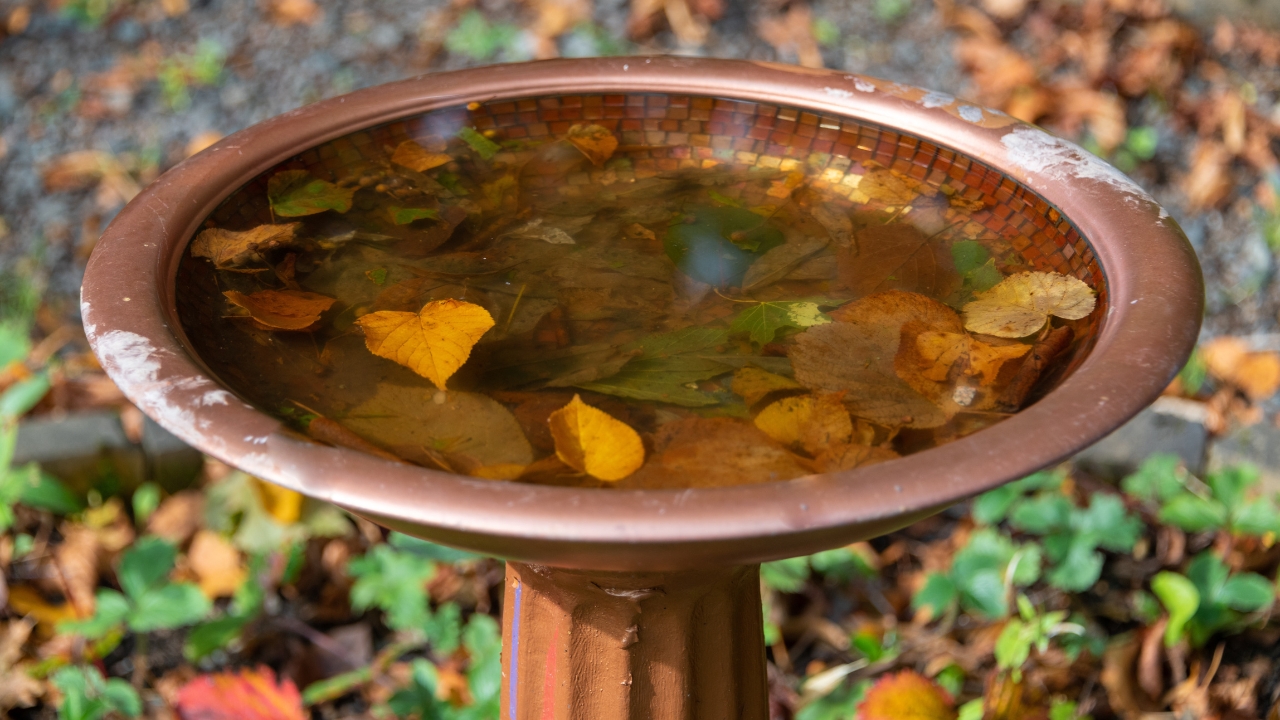
Water by itself isn’t smelly, but once you add a little organic material—like leaves, soil, or pollen—it starts to give off an odor that attracts mosquitoes. Even a birdbath or plant saucer can become a magnet.
Change out water regularly and scrub containers every few days to prevent buildup. Mosquitoes are drawn to the smell of bacteria-laden water, not just the moisture itself.
Grease and Oil in the Kitchen

The smell of cooking oil, meat fat, or leftover grease might not linger long to your nose, but it’s strong enough to lure in ants, flies, and roaches. If it’s on your stovetop or under appliances, bugs will find it.
Wipe down surfaces after cooking and clean behind the stove and fridge regularly. Bugs often follow these scent trails straight into your kitchen and stick around once they find a food source.
Scented Laundry Products Near Entry Points
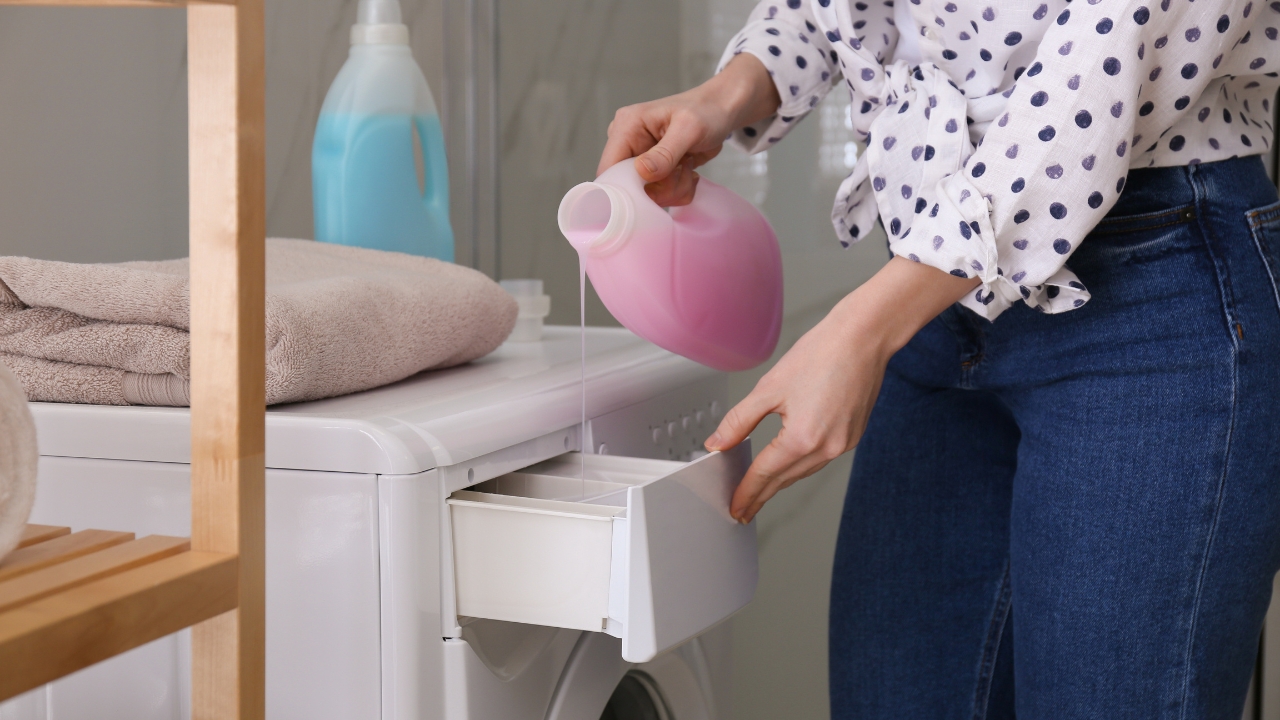
Fresh laundry smells great—but the floral and fruity fragrances in detergent, dryer sheets, or fabric softener can attract insects, especially when clothes are hung outside to dry.
If you dry laundry indoors near windows or vents, those smells can waft right outside and catch a bug’s attention. Use fragrance-free options if you’re noticing more activity near your windows or patio.
Syrupy Drink Spills

Even a few drops of soda, juice, or sports drinks can leave behind a scent trail for ants and flies to follow. You might wipe up the spill, but if any sticky residue is left behind, it continues to attract bugs.
Mop up spills quickly and double-check under tables or chairs. Bugs don’t need a full cup—just a whiff of sugar is enough to bring them in.
Pet Food Left Outside

Wet or dry pet food has strong smells that can pull in ants, flies, roaches, and even wildlife. Leaving it out—even for an hour or two—can turn into a buffet for unwanted guests.
Serve pets indoors when possible or pick up uneaten food quickly. Rinse bowls regularly so the scent doesn’t build up over time.
Compost Bins Without a Lid
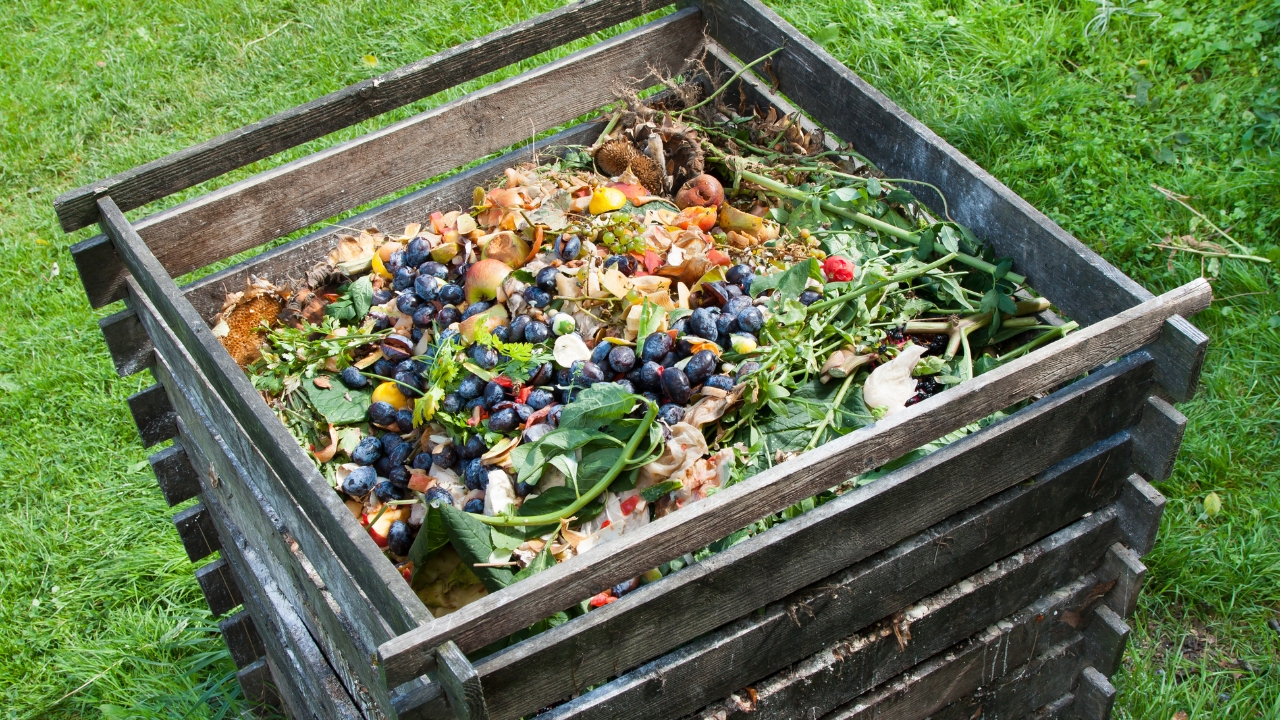
Even if you’re composting the right way, organic matter like fruit peels, vegetable scraps, and coffee grounds start to smell as they break down—and that smell draws flies fast.
Always use a lid and make sure your compost pile is balanced with enough brown materials to cover food waste. Turning it regularly and keeping it contained helps cut down on the scent that pests love.
*This article was developed with AI-powered tools and has been carefully reviewed by our editors.

